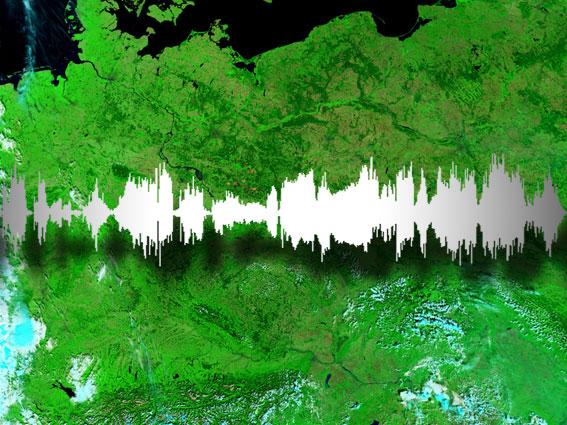|
The Title
|
|
The Preamble
|
|
Article 1
|
|
Article 2
|
|
Article 4
|
|
Article 5
|
|
Article 6
|
|
Article 8
|
|
Article 9
|
|
Article 15
|
|
Article 18
|
Scroll down for language information

Native Name
Deutsch
Official Language: Austria, Germany, Liechtenstein, Switzerland
Home Speakers: France, Italy, Hungary, Romania, Poland, Kazakhstan and other republics of former USSR
Background
It belongs to the Indo-European family, Germanic group, West Germanic subgroup and has nearly 100 million speakers. It has two main varieties: Upper German (including standard literary German) and Lower German. The line dividing the region where Upper German (in the south) and Lower German (in the north) were spoken can be traced from Aachen to Frankfurt an der Oder. Until the mid 14th century Latin was the official written language, as most of the German-speaking regions of Europe were comprised in the Holy Roman Empire. Standard written German, based on the Upper German dialect, emerged during the early 16th century, as the publication of books in German increased (religious reformer Martin Luther contributed with his translation of the Bible to the standardization of the language) and many regional differences diminished. It was not until the mid 18th century, however, that standard literary German, as it is recognizable today, became firmly established. Traditionally German was written in a Gothic style known as "Fraktur", which dates from the 14th century. In the period following World War II, however, Fraktur was largely superseded by the Roman characters used throughout the rest of Western Europe. Different standards of spelling were used until the early 20th century in the various parts of Germany and other European countries with a German-speaking community. The revision of the German writing system was agreed on August 1, 1996 by the representatives of 8 German speaking countries of Europe, to be used starting from 1998. As far as pronunciation is concerned, no generally accepted standard exists and the various groups of native speakers can be readily distinguished by their accent. German is the only language in which all nouns begin with a capital letter. Since English is a Germanic language, it is not surprising to find a high degree of similarity in the vocabulary of the two languages.
Reprinted from www.unhchr.ch/udhr/